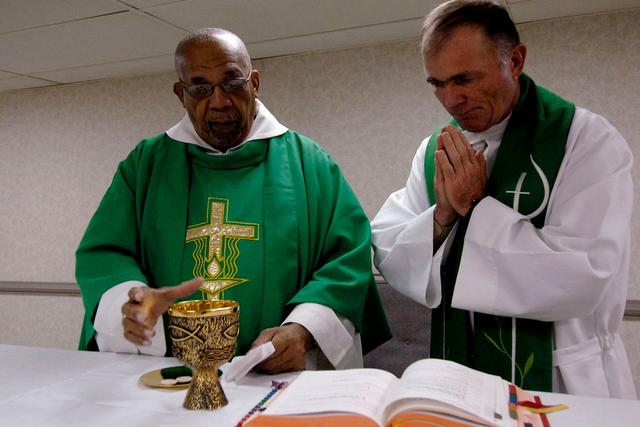Protestant Ministers
Overview

Introduction
Protestant ministers provide for the spiritual, educational, and social needs of Protestant congregations and other people of the community. They lead services, perform religious rites, and provide moral and spiritual guidance to their congregation members. Ministers also help the sick and needy and supervise the religious educational programs of their church. Protestant ministers also have administrative duties in their congregations and may take on further responsibilities in their denomination at the regional or national level, o...
Quick Facts
Median Salary
Employment Prospects
Minimum Education Level
Experience
Skills
Personality Traits
Earnings
Salaries vary substantially for Protestant clergy depending on the individuals experience, as well as the size of the congregation, its denominational branch, location, and financial status. Clergy had median annual earnings of $50,400 in May 2019, according to the U.S. Department of Labor. Salaries ranged from less than $26,810 to $86,970 or more.
Benefits usually include a housing stip...
Work Environment
Ministers spend long hours working under a variety of conditions. There is no such thing as a standard workweek. They are very likely to have a set schedule of services, classes, and meetings, but ministers are on call at all times. They are called upon to visit the sick and the dying and to minister to the grieving at all hours. Protestant ministers may also be needed to fill in for colleagues...
Outlook
Membership growth in Protestant churches, such as the Baptist, Lutheran, Methodist, and Presbyterian denominations, has been stagnant in the past few years. Aging membership has caused church budgets and membership to shrink, lessening the demand for full-time ministers. There has also been a significant increase in membership in evangelical churches. Overall, the increased cost of church opera...









